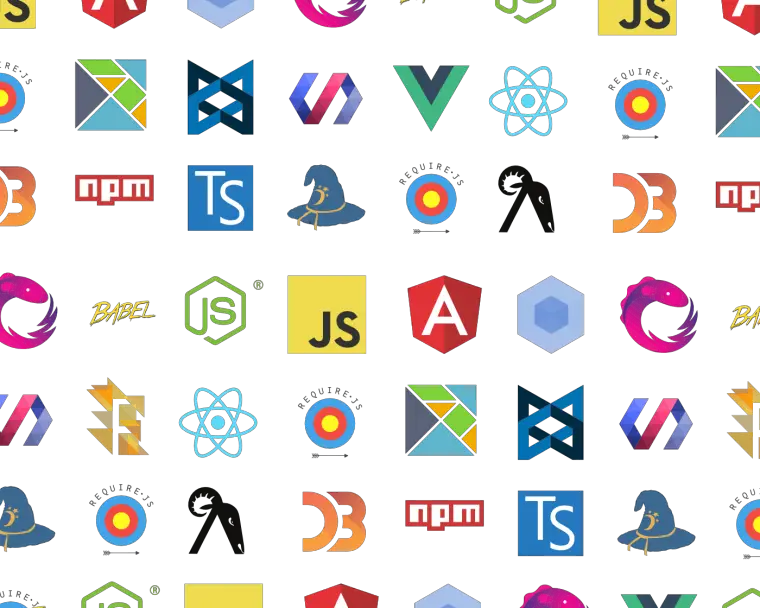Most companies want innovation and many of these same companies utilise an incremental software delivery model to achieve it. These models can be big on short-term delivery but weak on long-term vision. Delivering features to production weekly, yet failing to realise the product vision. These models ensure we build things right, but they can deter us from building the right thing.









